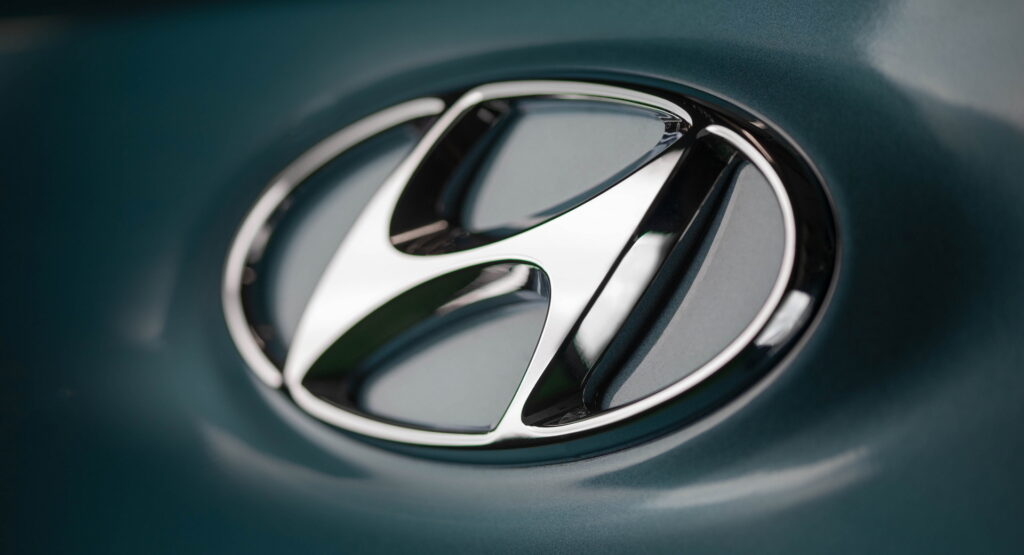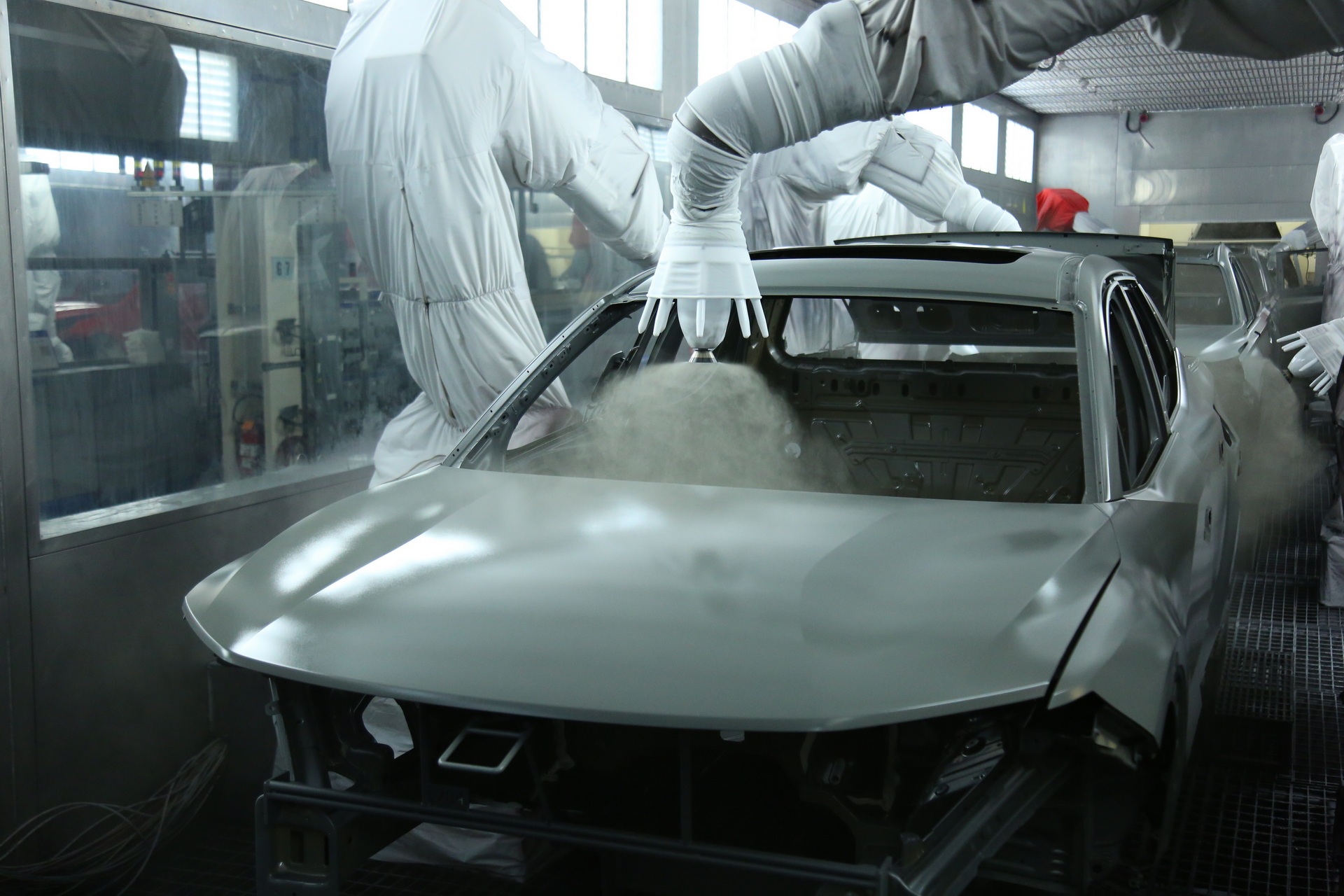Production at Hyundai’s biggest South Korean factory fell by as much as a half on Thursday. The factory was slowed by a truckers’ strike that risks dealing another blow to an already beleaguered global supply chain.
Union officials from Hyundai said that the company’s Ulsan plant was operating at 50 to 60 percent of what it normally does as a result of difficulties procuring parts, Automotive News reports. The automaker normally builds around 6,000 vehicles per day at the plant, including models from Genesis and the Ioniq 5.
The shortages are being caused by a strike that has seen thousands of truckers cease work in protest against surging fuel prices. The action, though, has also slowed activity at ports, leaving some manufacturers without essential supplies.
Read Also: VW Says Semiconductor Shortage Won’t Be Fixed Until 2024
At the port for Ulsan, an industrial hub where the majority of the strike action has taken place, container traffic has been totally stopped since Tuesday. In Busan, which accounts for 80 percent of South Korea‘s container activity, traffic was down by two-thirds from normal levels.
That’s leading to disruptions for all of South Korea’s industry, from cars and electronics to the companies making the semiconductors that control them both. With supply lines already struggling due to slowed production in China and the Russian invasion of Ukraine, these production disruptions in South Korea could have global effects.
Hyundai, specifically, is seeking alternative means of transportation to get things in and out of its factories. Kia employees, meanwhile, were seen driving newly produced cars on the streets to warehouses. With no clarity on how much longer the strike will last, just how big its impact will be remains hard to know.










